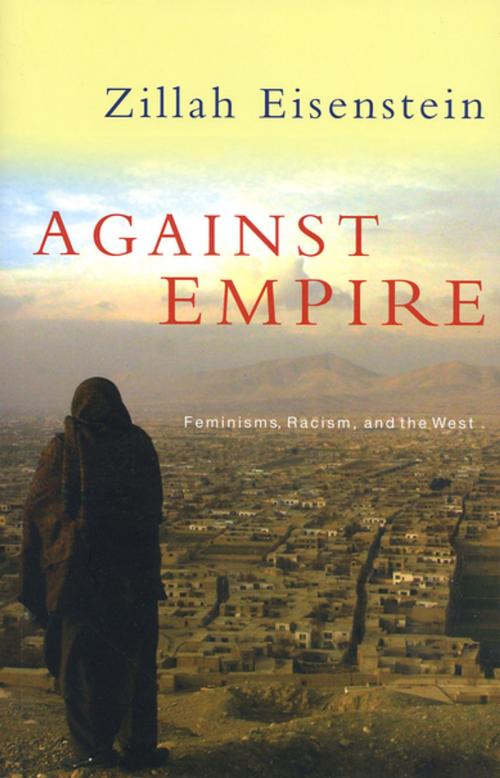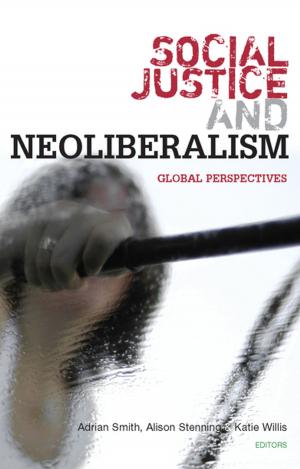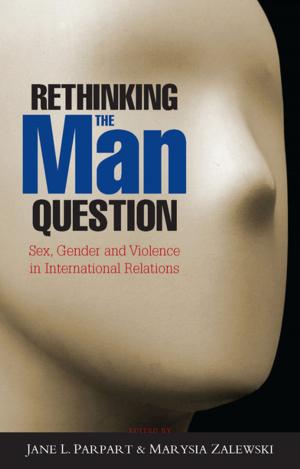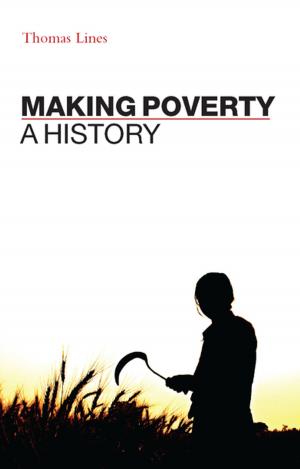Against Empire
Feminisms, Racism and the West
Nonfiction, Social & Cultural Studies, Social Science, Gender Studies, Women&, Political Science| Author: | Zillah Eisenstein | ISBN: | 9781848136076 |
| Publisher: | Zed Books | Publication: | July 18, 2013 |
| Imprint: | Zed Books | Language: | English |
| Author: | Zillah Eisenstein |
| ISBN: | 9781848136076 |
| Publisher: | Zed Books |
| Publication: | July 18, 2013 |
| Imprint: | Zed Books |
| Language: | English |
In Against Empire, Zillah Eisenstein extends her critique of neoliberal globalization and its capture of democratic possibilities. Faced with an aggressive American empire hostage to ideological extremism and violently promoting the narrowest of its interests around the globe, Eisenstein urgently looks to a global anti-war movement to counter U.S. power. Looking beyond the distortions of mainstream history, Eisenstein detects the silencing of racialized, sex/gendered and classed ways of seeing. Against Empire insists that 'the' so-called West is as much fiction as reality, while the sexualized black slave trade emerges as an early form of globalization. 'The' West and western feminisms do not monopolize authorship; there is a need for plural understandings of feminisms as other-than-western. Black America, India, the Islamic world and Africa envision unique conceptions of what it is to be fully, 'polyversally', human. Professor Eisenstein offers a rich picture of women's activism across the globe today. If there is to be hope of a more peaceful, more just and happier world, it lies, she believes, in the understandings and activism of women today.
In Against Empire, Zillah Eisenstein extends her critique of neoliberal globalization and its capture of democratic possibilities. Faced with an aggressive American empire hostage to ideological extremism and violently promoting the narrowest of its interests around the globe, Eisenstein urgently looks to a global anti-war movement to counter U.S. power. Looking beyond the distortions of mainstream history, Eisenstein detects the silencing of racialized, sex/gendered and classed ways of seeing. Against Empire insists that 'the' so-called West is as much fiction as reality, while the sexualized black slave trade emerges as an early form of globalization. 'The' West and western feminisms do not monopolize authorship; there is a need for plural understandings of feminisms as other-than-western. Black America, India, the Islamic world and Africa envision unique conceptions of what it is to be fully, 'polyversally', human. Professor Eisenstein offers a rich picture of women's activism across the globe today. If there is to be hope of a more peaceful, more just and happier world, it lies, she believes, in the understandings and activism of women today.















